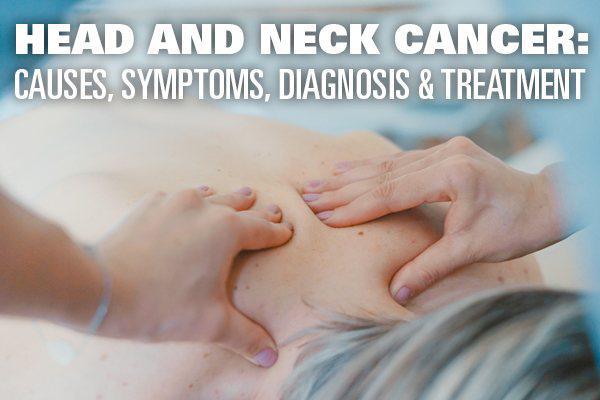Many factors increase your risks for the numerous different types of cancer — but did you know that your oral hygiene is one of them? Head and neck cancers encompass a number of different conditions that affect your nose, mouth, and throat. So it’s no surprise that bad oral habits can increase your risk of these cancers.
At Hunterdon Oncology and Hematology, our team specializes in diagnosing and treating the numerous types of cancer and blood disorders. At the forefront of our team are five expertly trained oncologists and hematologists, who offer state-of-the-art treatments and therapies when you’re suffering from cancer.
Types of head and neck cancers
Head and neck cancers are conditions that affect the mucosal linings in your mouth and throat. Your voice box and sinuses may also be affected. The mucosal linings are often affected by squamous cell carcinomas, which are cancers of that specific cell type.
Less commonly, cancers may affect your salivary glands or the nerves and muscles in your neck. While these types of cancers exist, they’re rare compared to those from squamous cell carcinoma.
Some of the many different kinds of cancers that affect your head and neck include:
- Lip cancer
- Oropharyngeal cancer
- Nasopharyngeal cancer
- Laryngeal cancer
- Paranasal sinus cancer
- Hypopharyngeal cancer
Many of these types of cancer are related to the use of tobacco products and excessive alcohol consumption. However, there are other risk factors as well, one of which is poor oral hygiene.
Your oral hygiene can be related to cancer
Believe it or not, your oral hygiene affects more than just your teeth and gums. In fact, bad oral hygiene is related to a number of health conditions, including head and neck cancers. But what exactly is the reason for this?
Poor dental hygiene results in the buildup of plaque and tartar on your teeth. If left untreated by a dental professional, they can contribute to gum disease. Gingivitis and periodontitis are both types of gum disease, with the latter being more severe.
Gum disease leads to pocketing around your teeth that fill with plaque and bacteria, specifically Porphyromonas gingivalis. This bacterium has been found in large amounts within tumors of the head and neck.
But what types of oral hygiene practices put you at a higher risk for cancer? If you have any of the following, your risk of head and neck cancers may be increased:
- More than five missing teeth
- Dentures
- Brushing less than once daily
- Gum disease and bleeding
Lack of regular visits to your dentist also increases your risk of head and neck cancers. This is because you miss out on the screening and cleaning of your gums and teeth. This helps to eliminate the harmful bacteria that can lurk in your gums.
What you can do to decrease your risk
Unfortunately, cancer can’t always be prevented, especially if you have a familial history of it. However, you can change some of the risk factors that make it more likely you’ll end up with head or neck cancers.
Oral hygiene is one of the factors you’re able to control. This means taking your time to properly brush and floss. It also means regular trips to the dentist to make sure you don’t have gum disease or any other problems that could provoke cancer cells to form.
Also, there aren’t any real screening tests for many head and neck cancers, but dentists do check for signs of a problem. During your regular dental visits, most providers check in your oral cavity for signs that might point to suspicious cells or signs of cancer.
Our team of experts helps you understand your risk for head and neck cancers, so you’re able to get ahead of the problem. Along with proper oral hygiene, our doctors get you the treatment you need if you’re at an increased risk for these forms of cancer.
If you’ve been diagnosed with a head or neck cancer, or would like more information, call our office in Flemington, New Jersey at 908-788-6461, or schedule an appointment online with one of our amazing doctors today.




